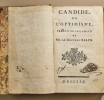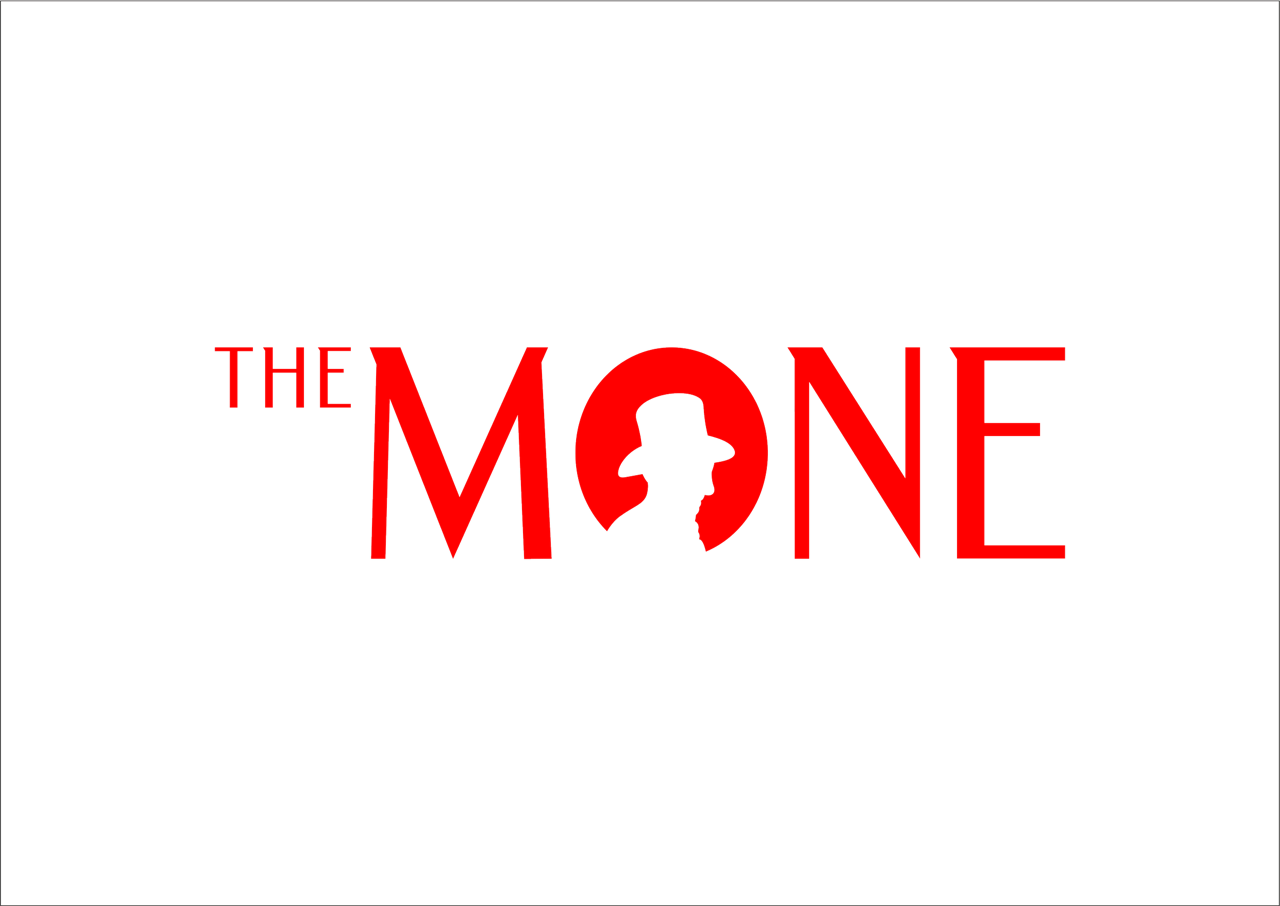A Glitch in the Gilded Age: Anna Mansour’s Art of Waking Up the World

In an age when conformity often masquerades as progress and rebellion gets filtered through the soft light of Instagram, Anna Mansour is a rare phenomenon: a bona fide heiress to a tradition of intellectual and aesthetic provocation. Imagine if Virginia Woolf had grown up in Manhattan, studied art history in London, dabbled in philosophy and fashion, and then decided to write speculative fiction about cyborgs and spiritual awakening. Add a dose of twenty-first-century cosmopolitan fluency—equal parts empathy, elegance, and edge—and you begin to understand what makes Anna Mansour tick.
To meet her is to encounter a kind of kinetic stillness: doll-like, ageless, always impeccably dressed, holding forth on biohacking self-consciousness over a croissant. In one breath, she builds creative and entrepreneurial projects while never missing out on the latest Instagram trends. She is both grounded and disarmingly prophetic—utterly charming and, without a doubt, a force to be reckoned with. She sees the invisible scaffolding behind culture’s shiny façade and has made it her life’s work to pull that scaffolding into the light. “The shadows are as important as the light,” she quotes from one of her favourite novels by Charlotte Brontë. “The time I lived in the suburbs definitely gave me the right equilibrium to build the foundation of who I am today.”
Raised amidst the cultural hum of the Upper East Side and educated in elite international schools while frequently jet-setting around the globe, Mansour has always defied thinking inside the box. Rather than following a single discipline to mastery, she explored many—art history, theatre, philosophy, fashion—not to conquer them, but to mine them for deeper truths. “If we only had today,” she asks, “what would you really want to do?” Her years in London sharpened this impulse. There, she moved through fields like a traveler with no fixed itinerary, limitless, hungry for knowledge, collecting languages, textures, and insights the way others collect passport stamps—or stickers.
Her latest creation, a science fiction novel titled Rerun, reads like a love letter to this lifelong pursuit of resonance. Ten years in the making, the novel is less a story than a reckoning. “A Neo Testament,” she jokes. It follows a cyborg protagonist expelled from a high-tech, elite society, who finds herself navigating the decaying underbelly of a civilization in spiritual freefall. Think Blade Runner meets The Divine Comedy, but with the unmistakable lyricism and deep conversations about the soul.
Beneath the book’s dystopian gloss, Rerun offers a bracing meditation on what it means to be alive in an age of automation and narcissism. The titular question—“Are we truly living, or just on rerun?”—echoes like a koan, unsettling in its simplicity. Mansour’s answer? “This is more than fiction,” she tells me. “It’s our mirrored reality we do often dismiss.”
The novel’s early momentum has already stirred interest in the film world. A screen adaptation is in early discussion, with Mansour herself shaping the narrative arc. But she’s adamant: this will not be another sterile sci-fi spectacle. “I want the viewer to recognize themselves in the glitching circuitry,” she says. “I want to help us humans… ultimately society, so we could have a better now, a better tomorrow. The choice is ours, every day.” If the project unfolds as envisioned, it may become the first sci-fi epic to make audiences weep not over doomed romance or fate, but over environmental disasters and neglected humanity.
This commitment—to story as spiritual technology—isn’t a departure from Mansour’s other work; it’s the natural extension. Whether she’s mentoring emerging artists, launching avant-garde initiatives in Monaco, or innovating side by side global creatives, she treats art as communion. Her mantra—“Art is the voice”—isn’t a slogan; it’s a battle cry against the flattening noise of our algorithmic age.
Yet what makes her truly radical is not just her ideas, but her ability to move seamlessly between worlds. One moment, she’s analyzing artwork through the lens of Jungian psychology; the next, she’s center stage at an elite social gala. “Like David Bowie said in The Man Who Fell to Earth,” she quips, “Oh, I’m just visiting.”
It’s tempting to call Mansour a cultural unicorn—but that implies rarity without lineage. What she offers feels more like a return: a fearless reminder that art and science, mind and heart, rebellion and grace all belong to the same imaginative lineage. She is not merely forecasting the future, but urging us to wake up and meet it with presence and purpose.
In a time when authenticity is a branding strategy and vision often trimmed to fit a pitch deck, Anna Mansour is something harder to define: an artist who builds bridges instead of platforms. As the pages of Rerun whisper their question—“Are you truly living?”—you get the sense that she already knows the answer. But she’s willing to wait while you remember it for yourself.
And maybe that’s the point.
Disclosure: Dubai Voice enhances the editing process with the help of carefully selected AI tools. These tools provide valuable support without taking over the editing process completely, ensuring that the final product is the result of human creativity and expertise augmented by the benefits of enhanced technology. This article is protected under the copyright of Dubai Voice. Unauthorized reprinting, republishing, or rewriting of this content is strictly prohibited without explicit permission from Dubai Voice. Quotations from this material are permissible provided that a direct link to the full article on Dubai Voice is included.








